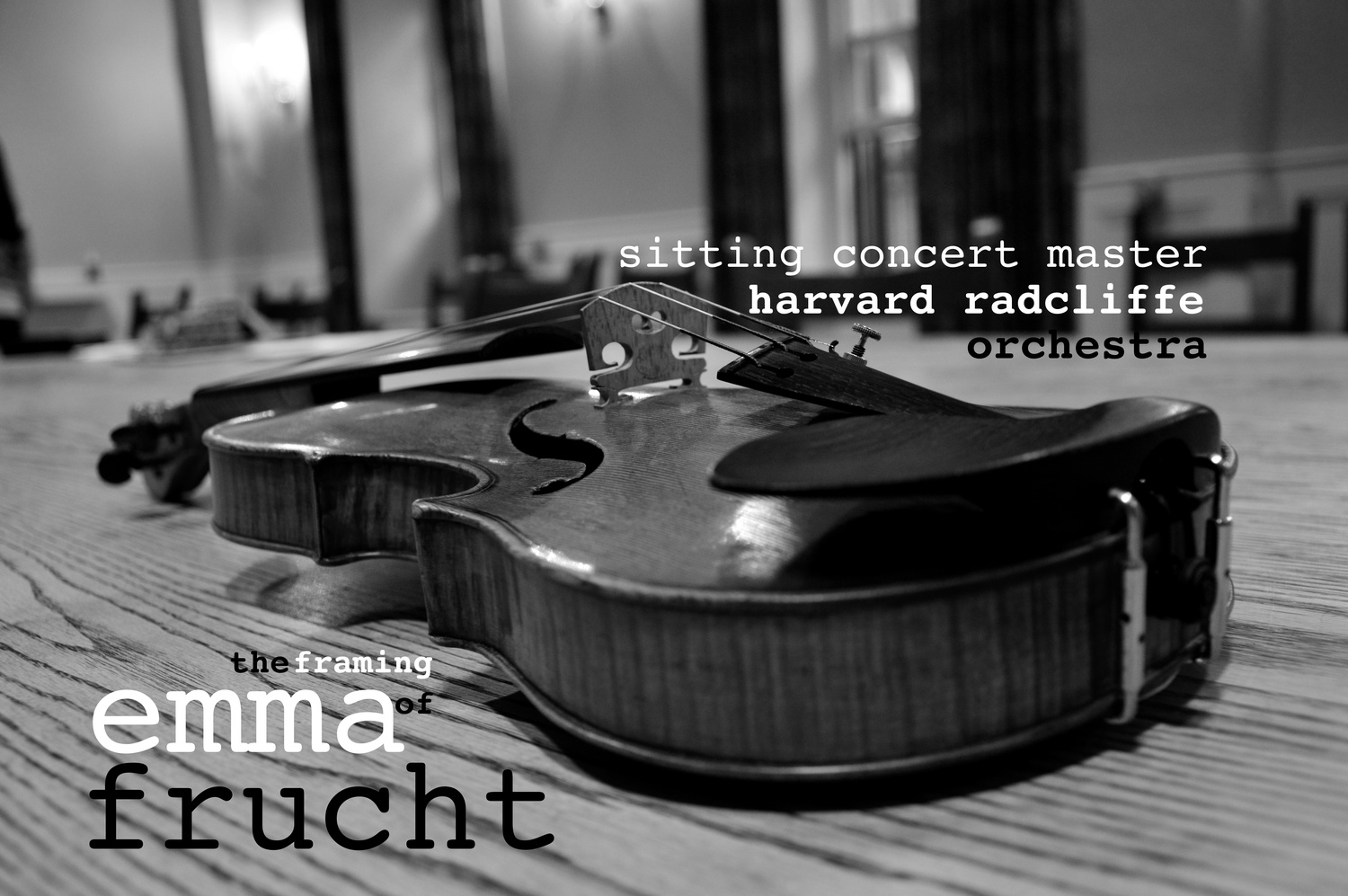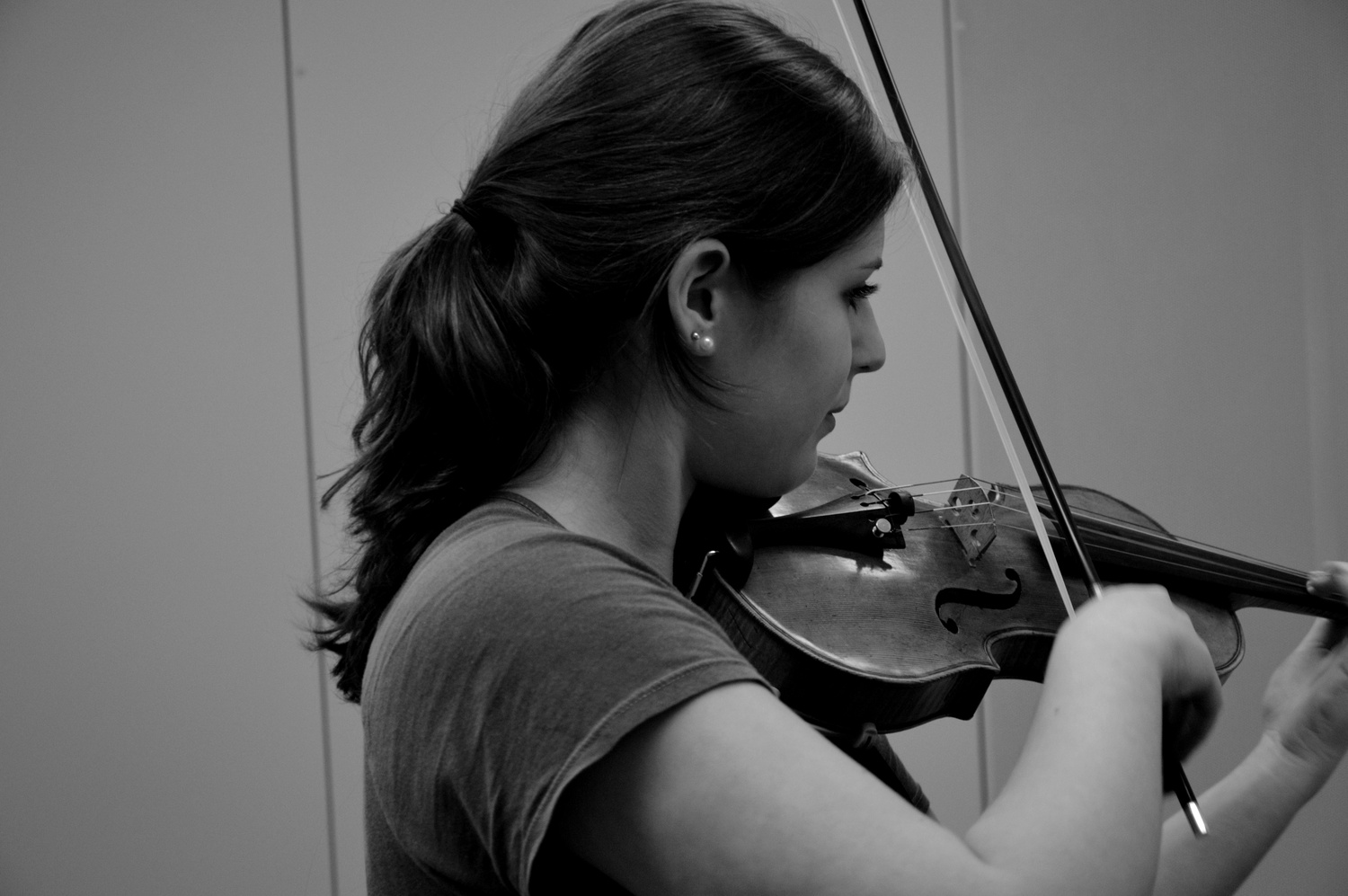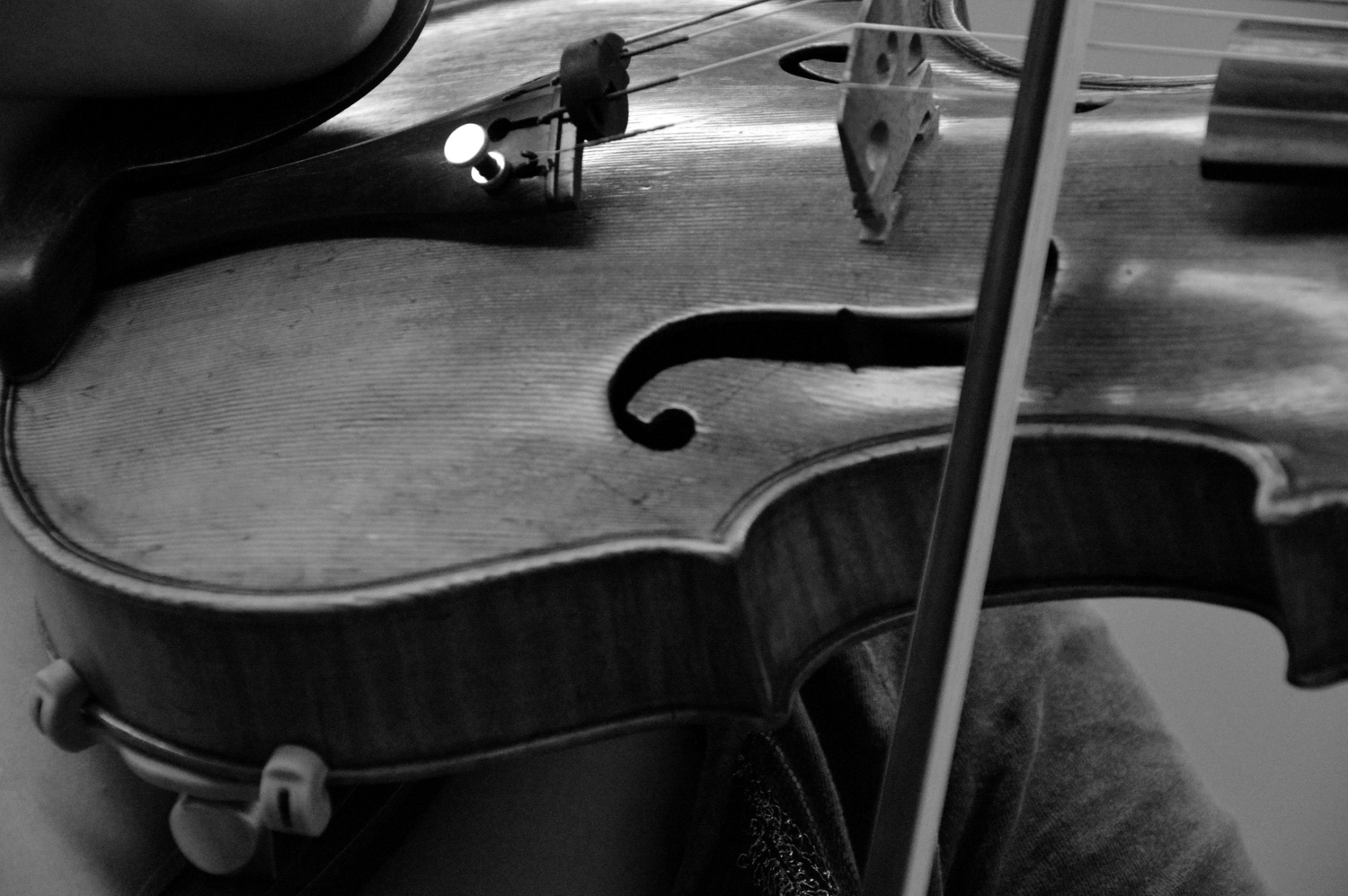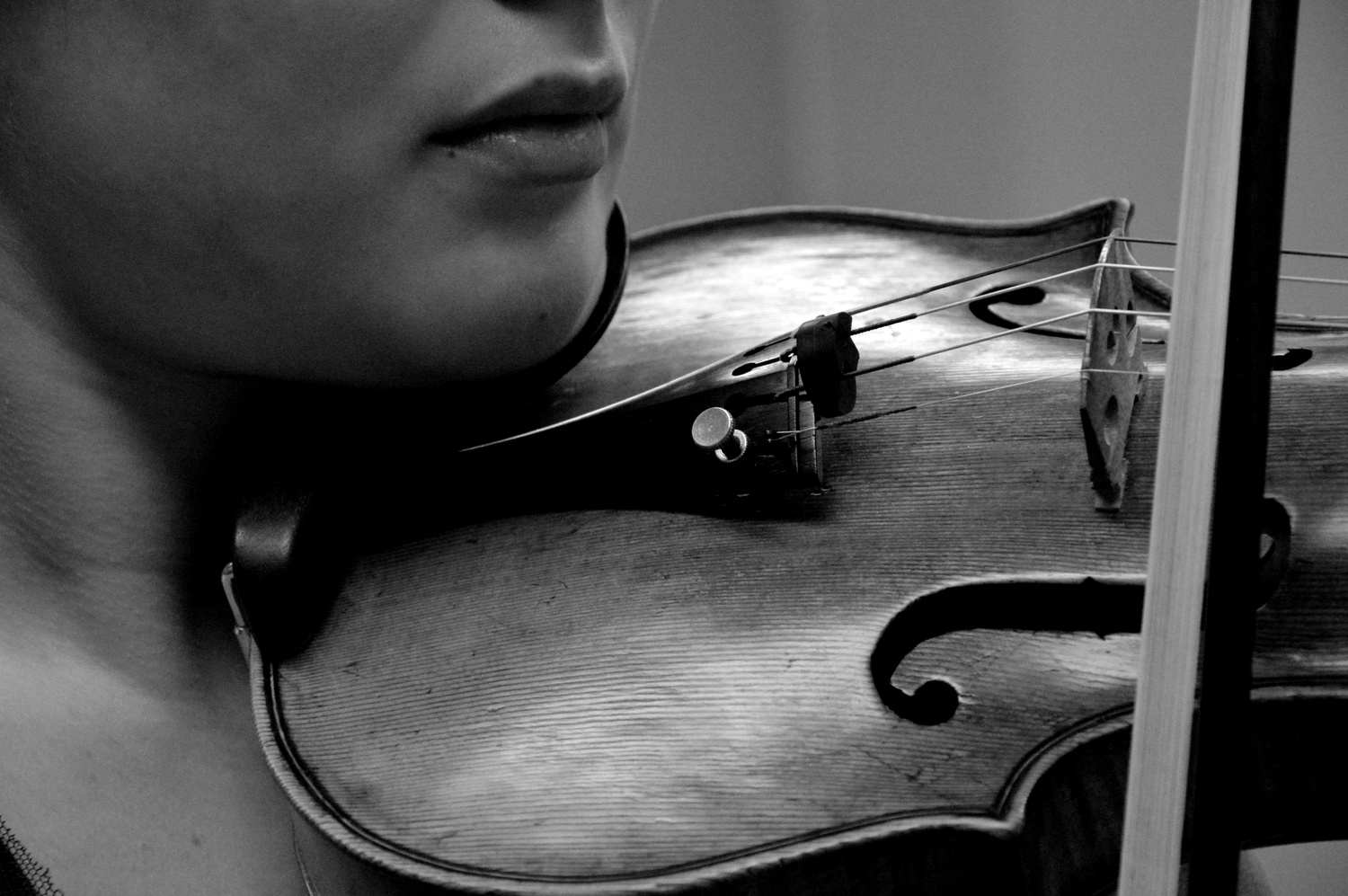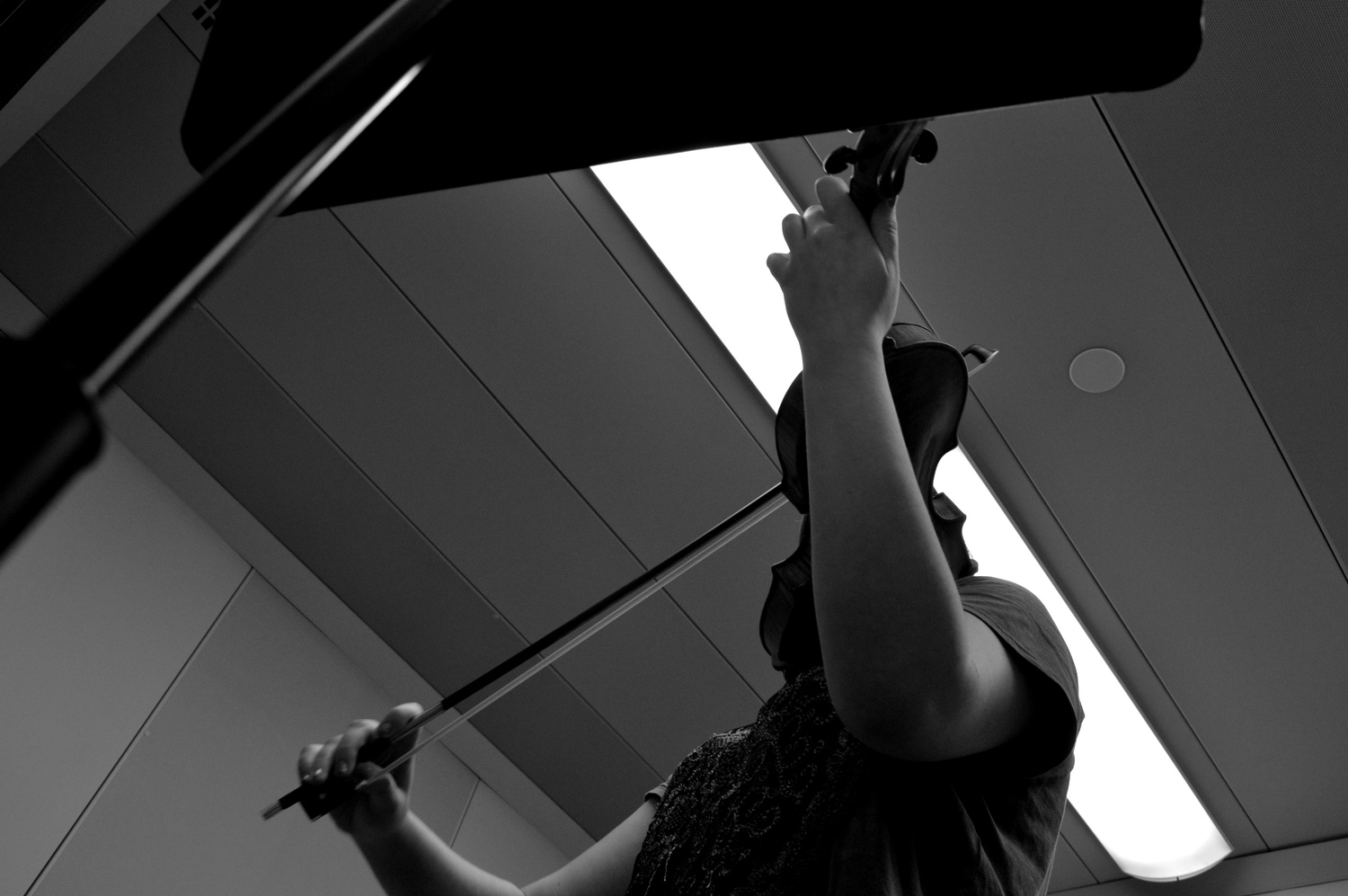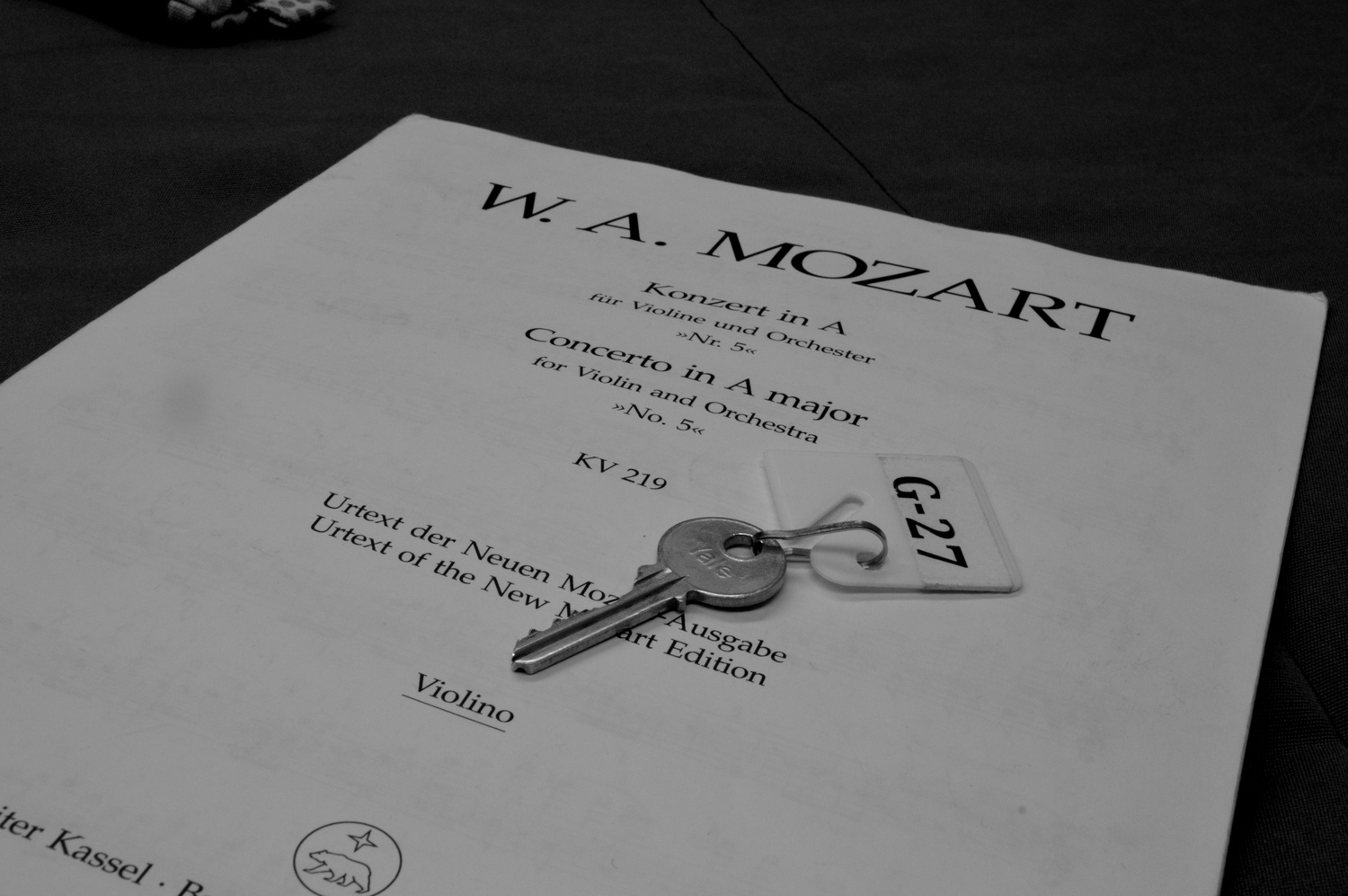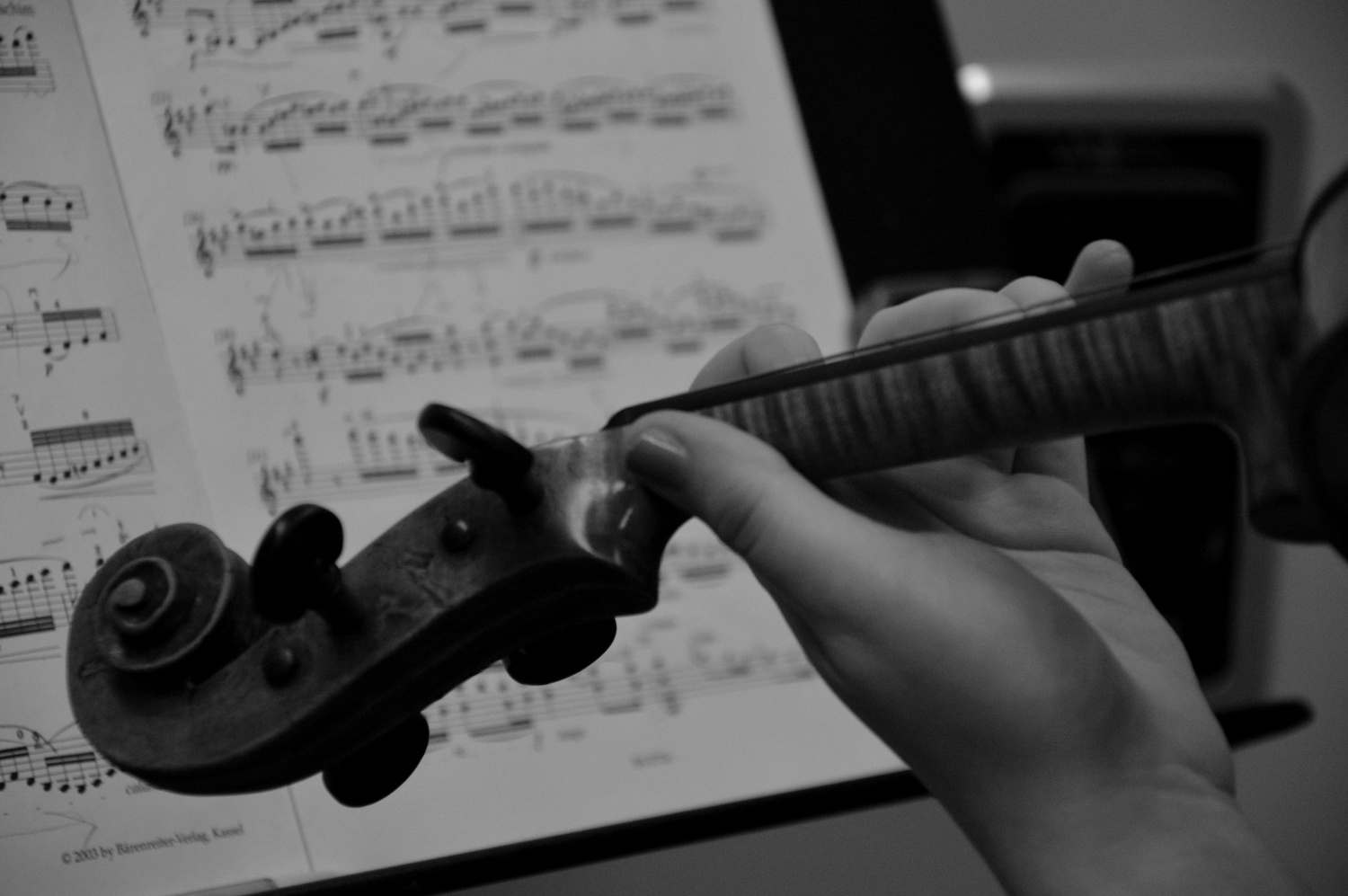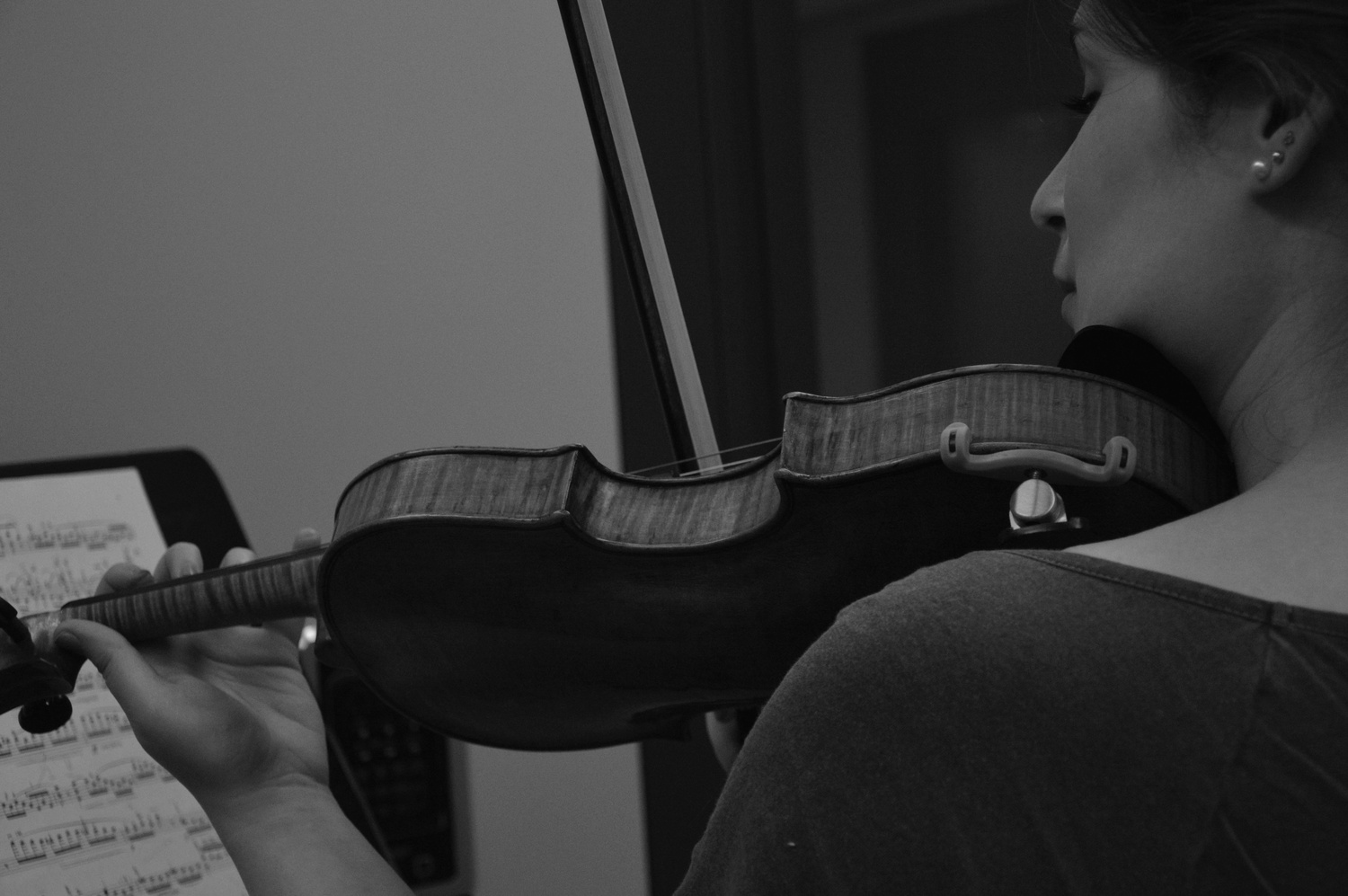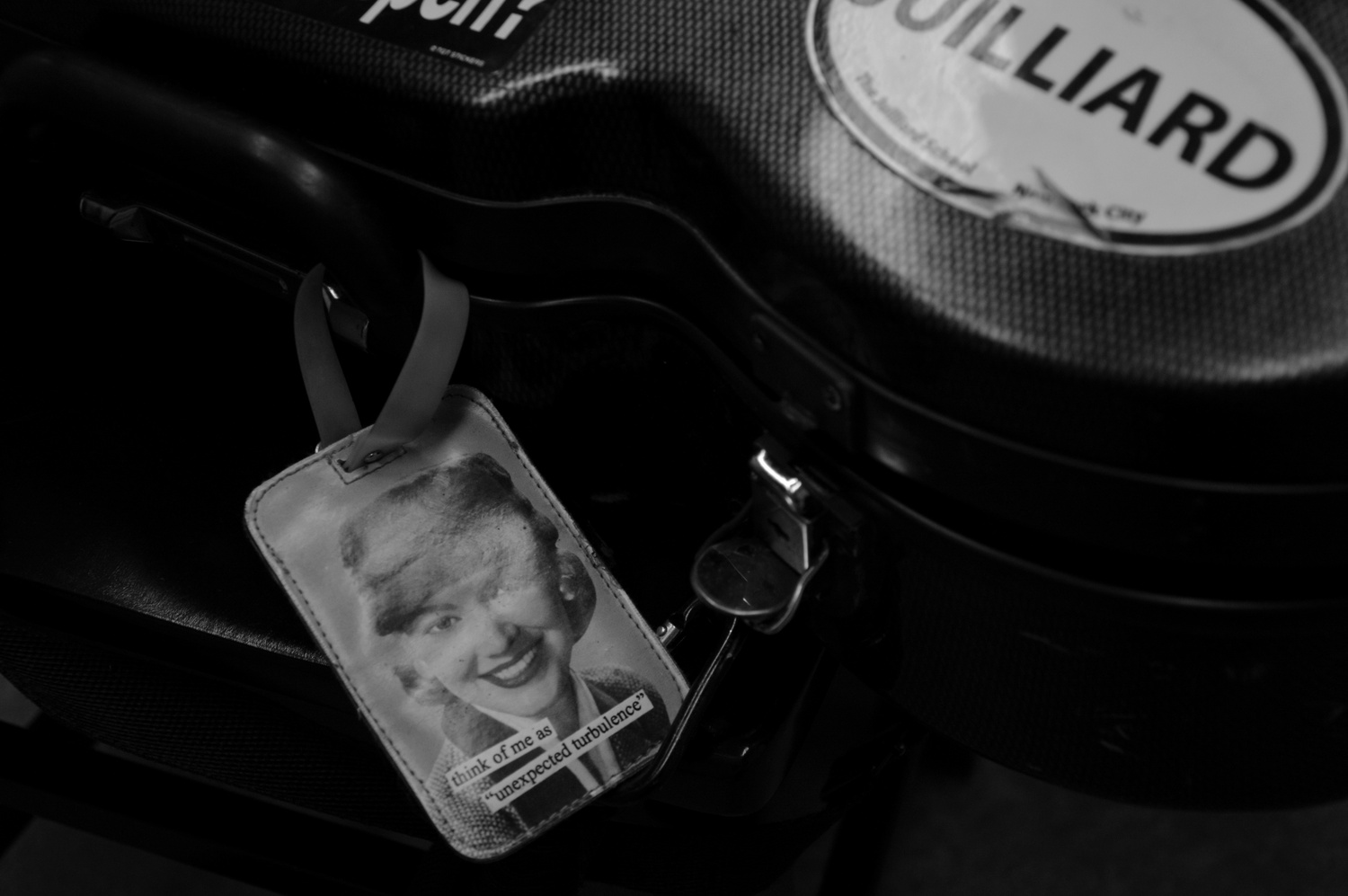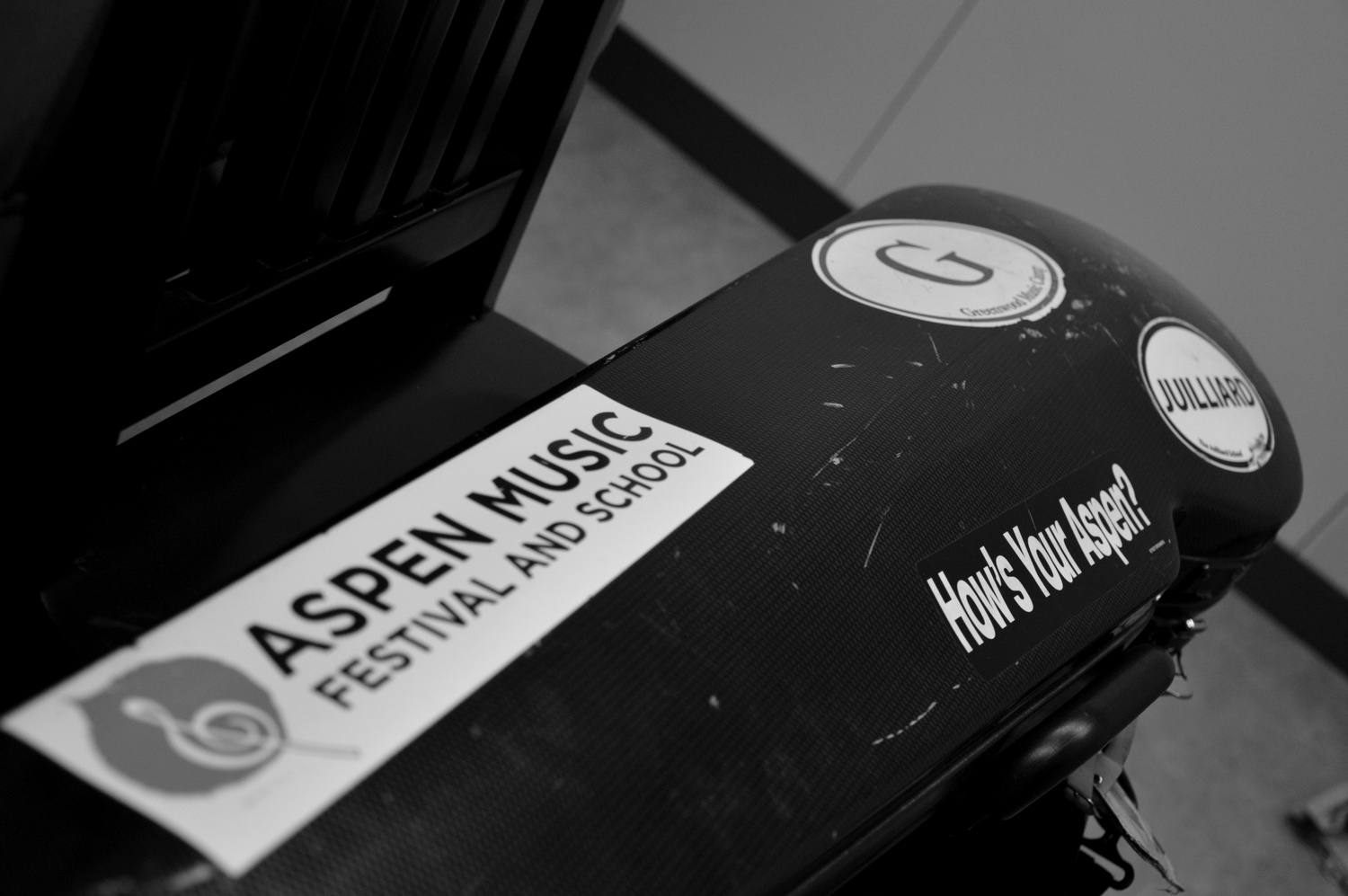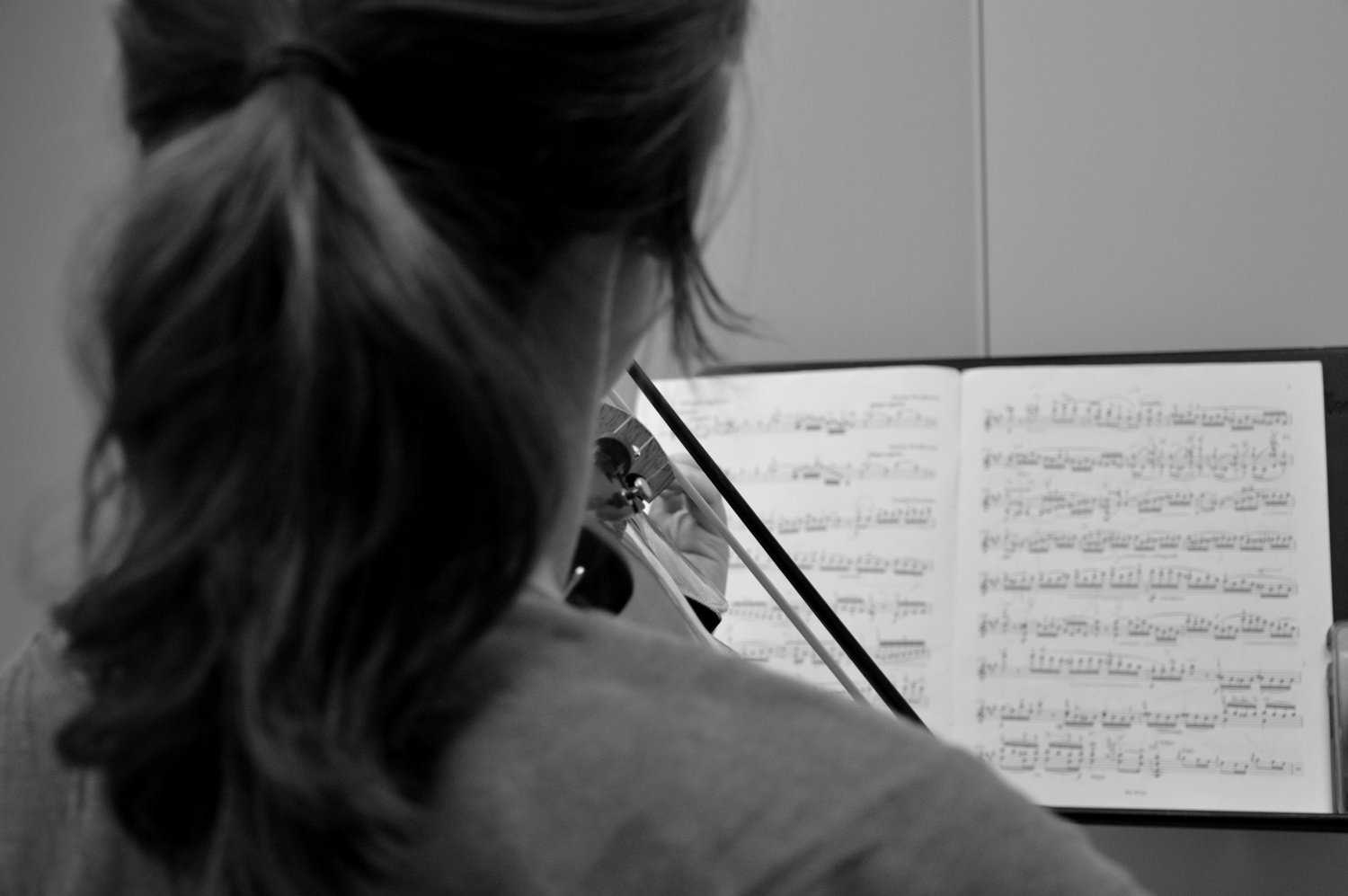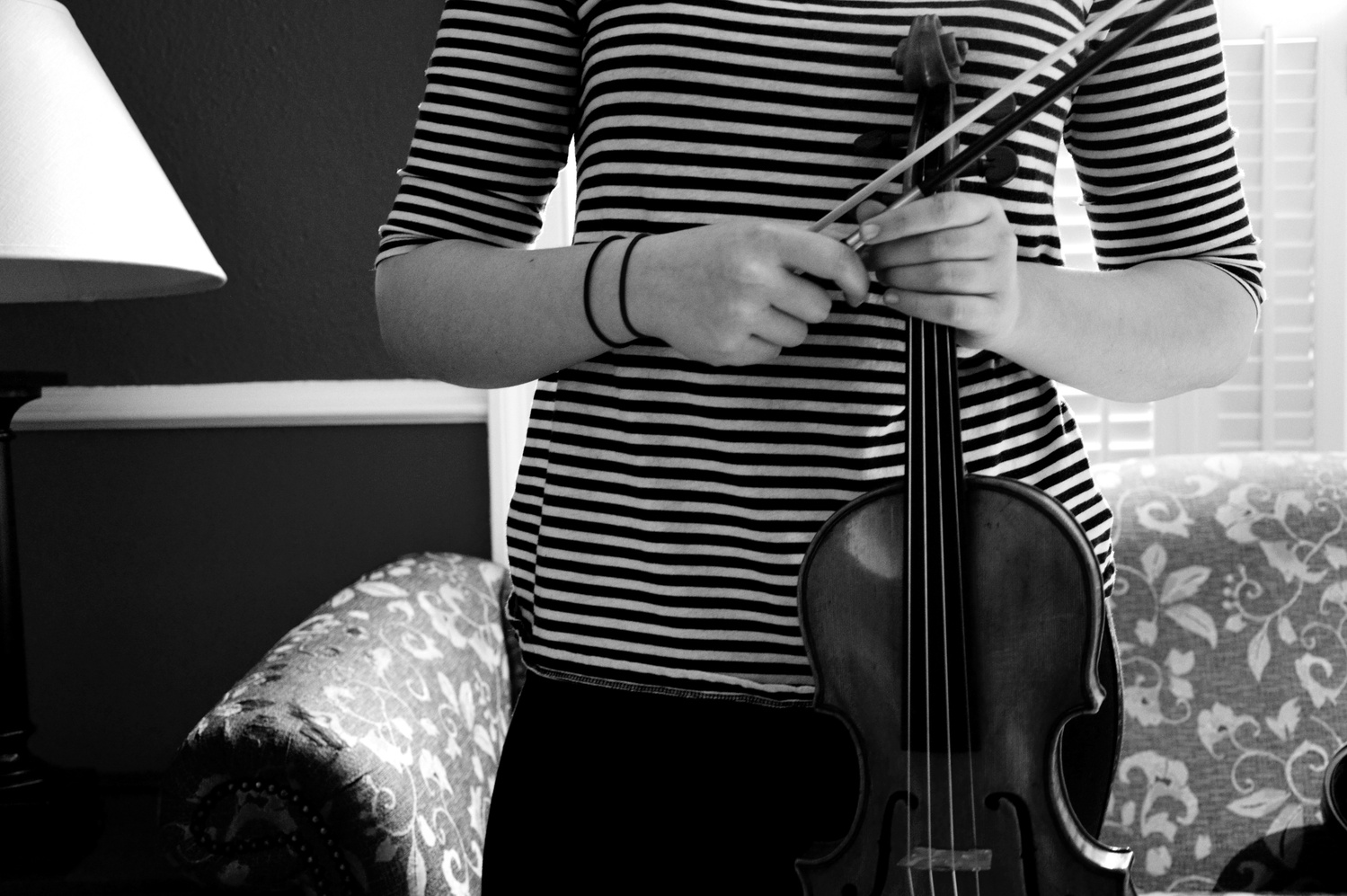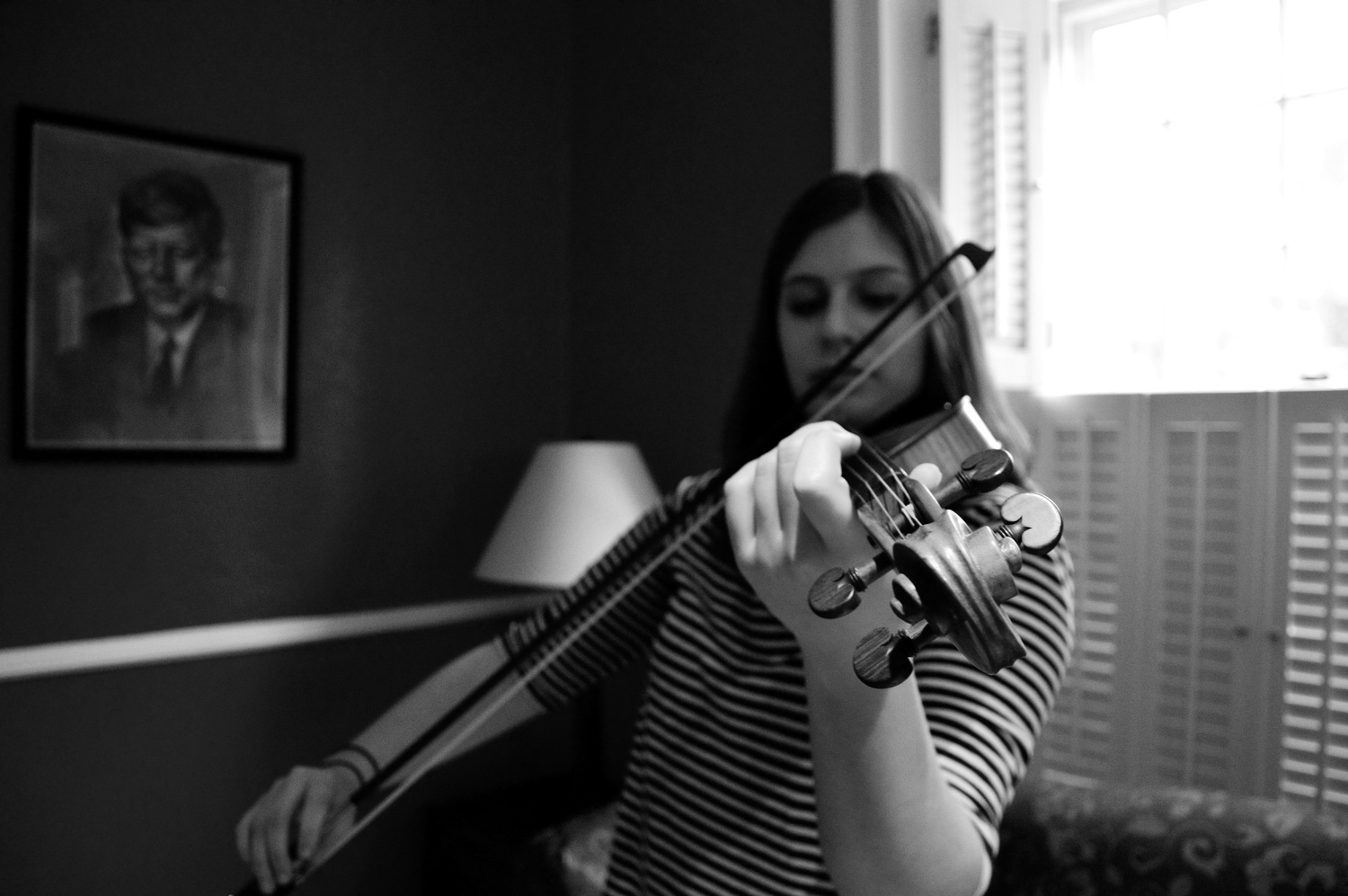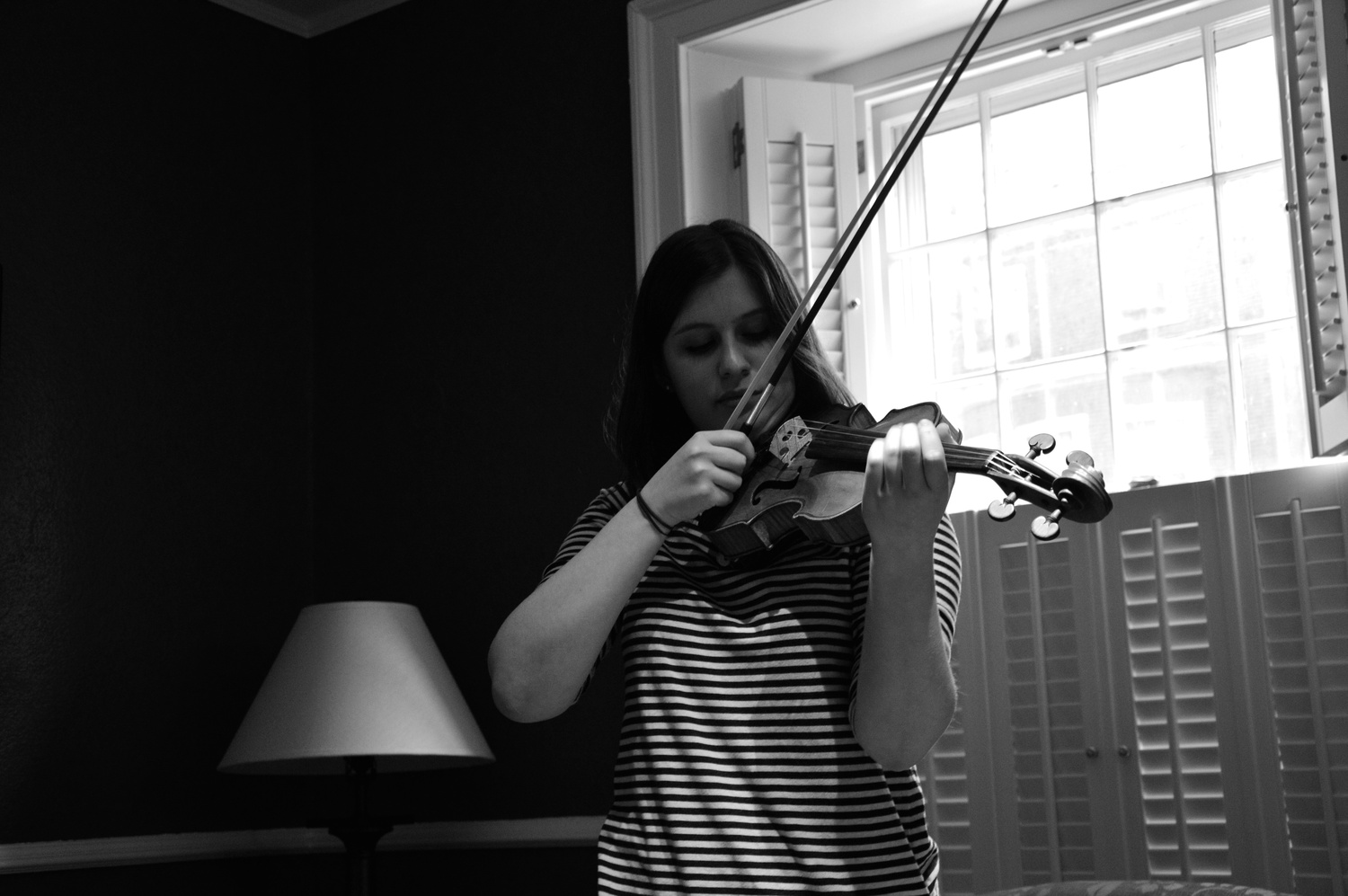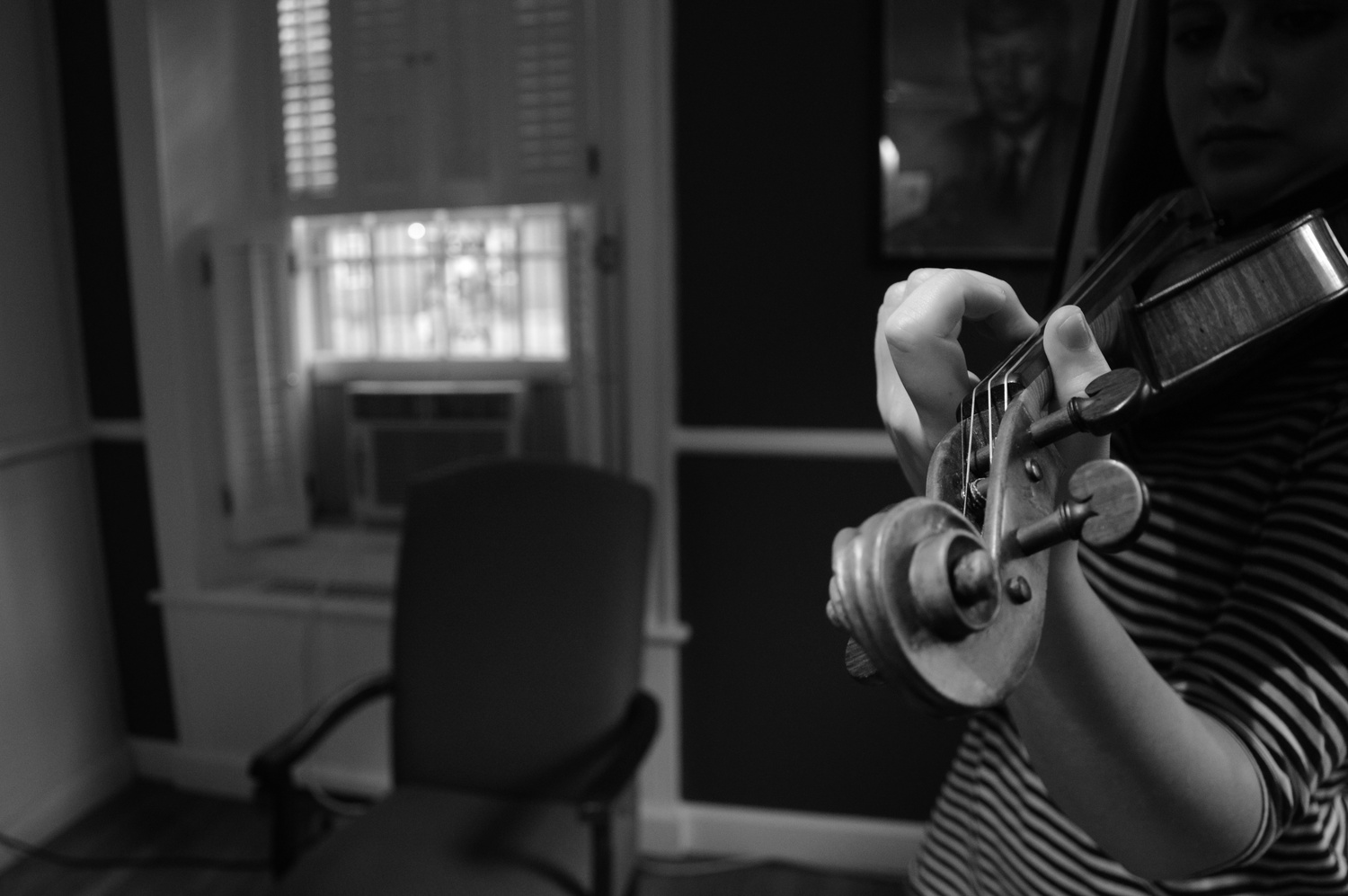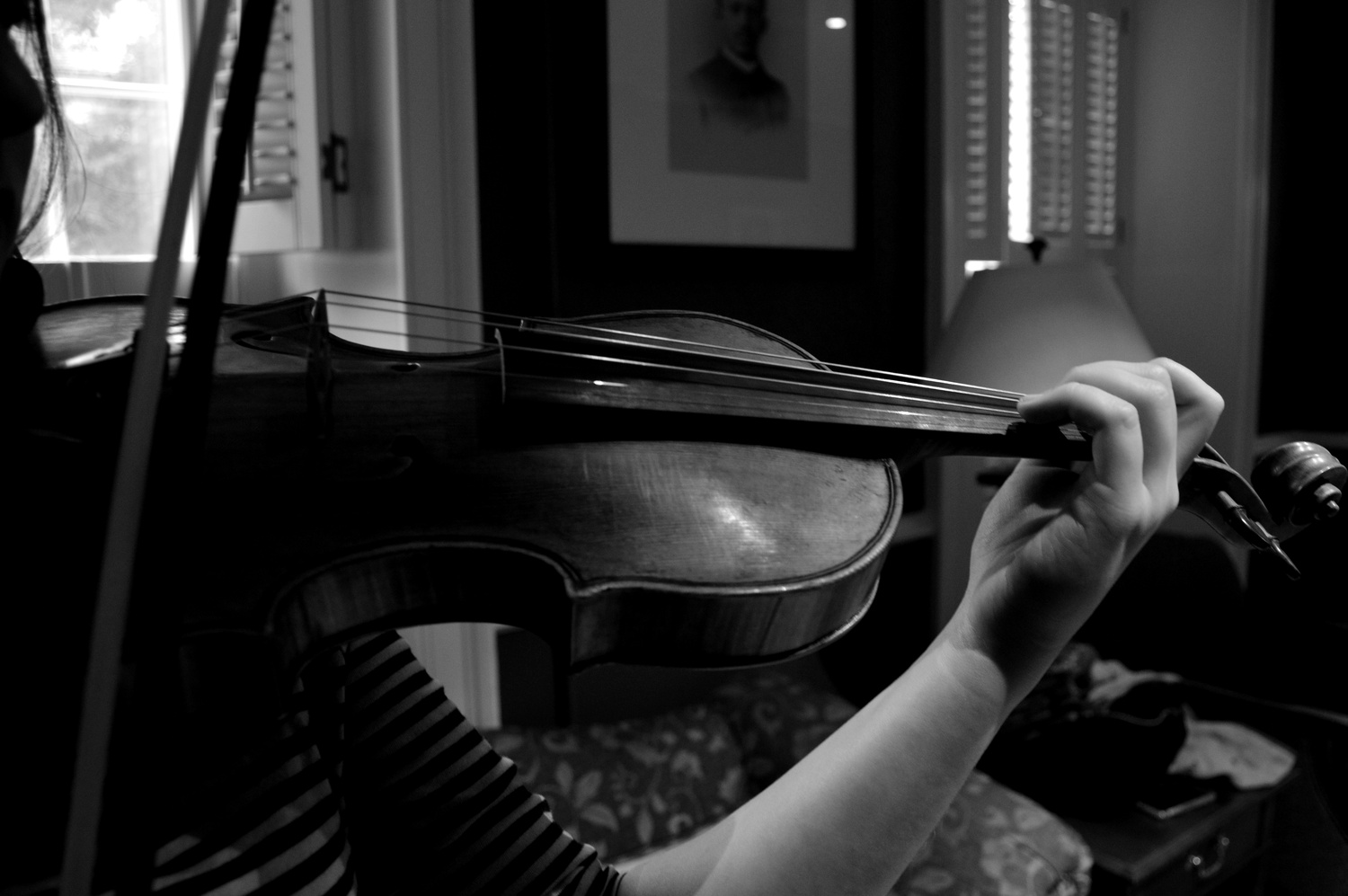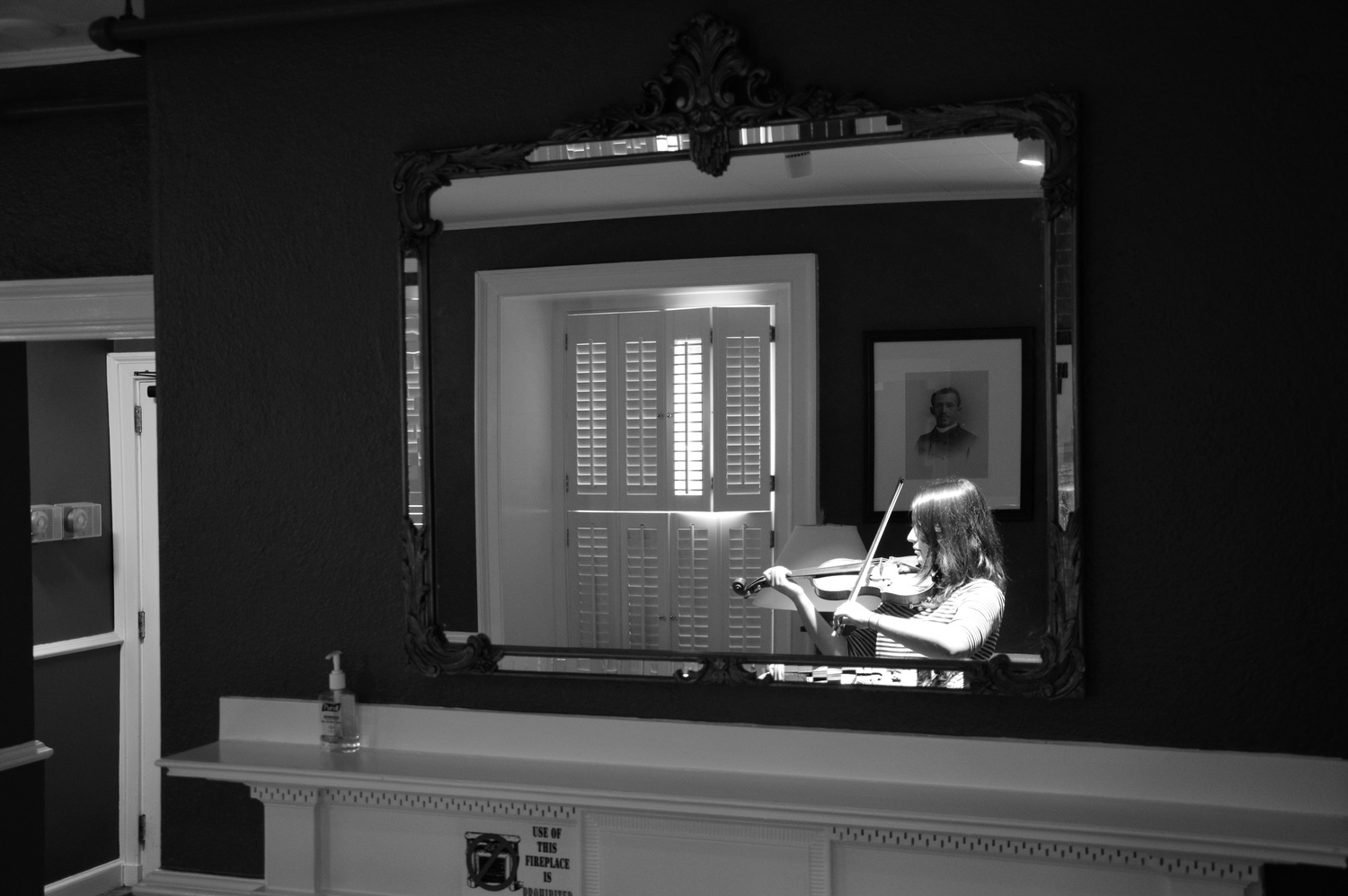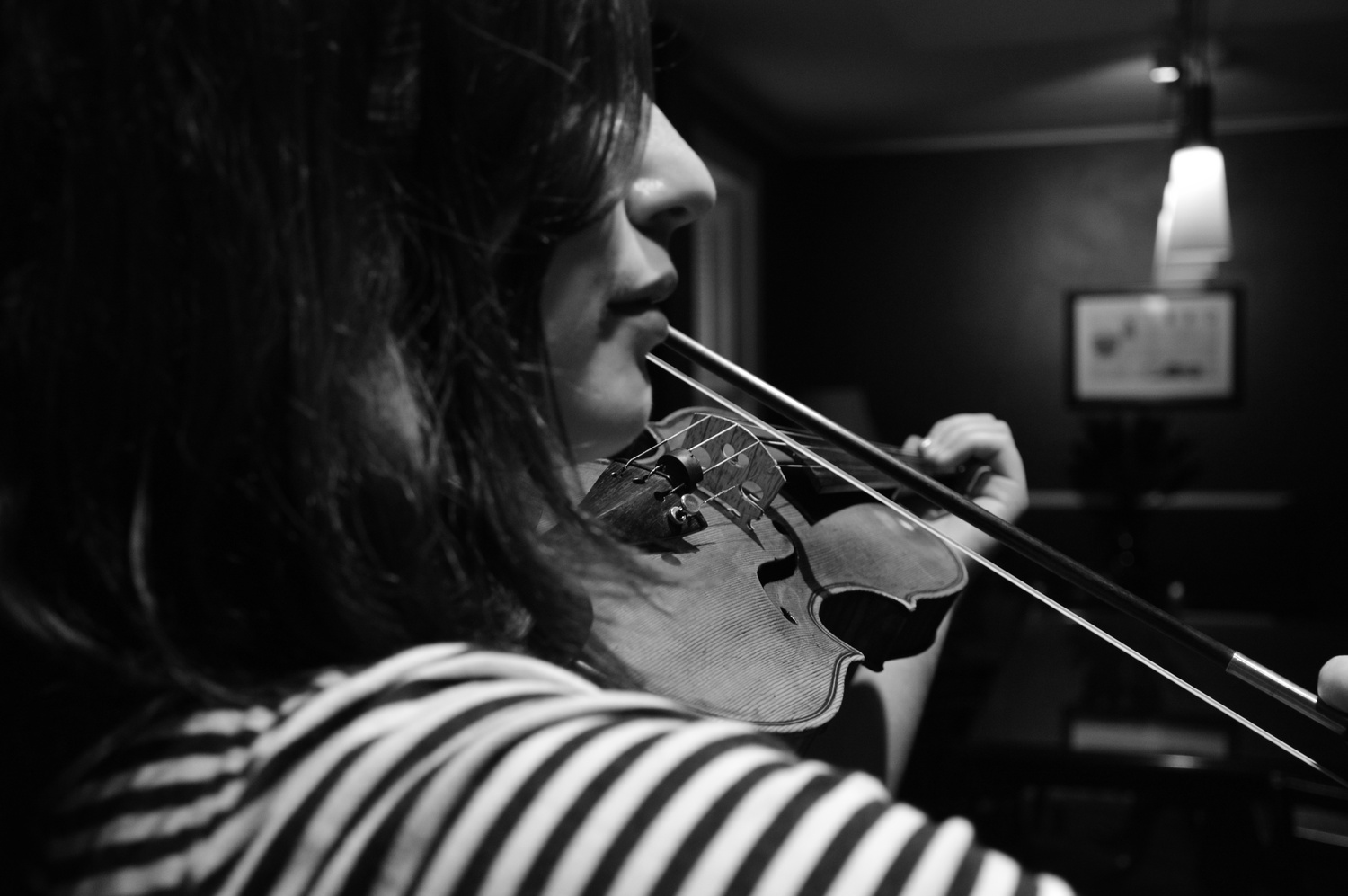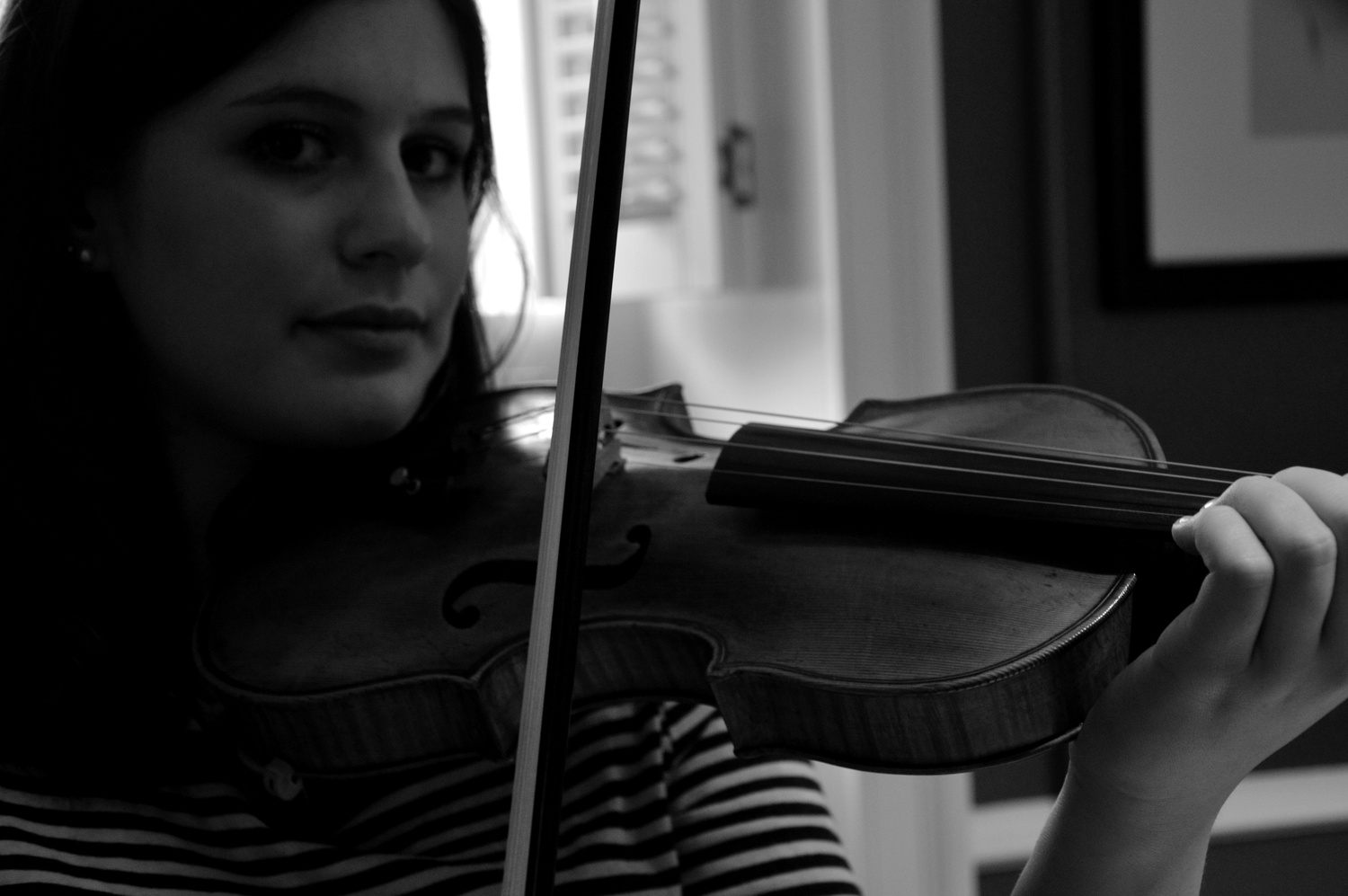
News
Garber Privately Tells Faculty That Harvard Must Rethink Messaging After GOP Victory

News
Cambridge Assistant City Manager to Lead Harvard’s Campus Planning

News
Despite Defunding Threats, Harvard President Praises Former Student Tapped by Trump to Lead NIH

News
Person Found Dead in Allston Apartment After Hours-Long Barricade

News
‘I Am Really Sorry’: Khurana Apologizes for International Student Winter Housing Denials
The Framing of Emma Frucht
“What I really, really love to do is play chamber music and larger ensembles like orchestra because then it’s a way of communicating with people through music and your instrument, and then performing is great because you’re communicating with the people you’re playing with, but you’re also communicating with the audience.”
A member of Winthrop House and a prospective History of Art and Architecture concentrator, Emma J. Frucht ’17 is a member of the Harvard-Radcliffe Orchestra and the Brattle Street Chamber Players, and she will also be playing in the pit for the Dunster House Opera. Upon arriving at Harvard, she heard about HRO from upperclassmen and through the Office for the Arts. Now in her second year playing for them, she is sitting concertmaster, which, at a place like Harvard that naturally attracts excellent musicians, is quite a feat for a sophomore.
When I filmed her playing the first movement of Mozart’s Violin Concerto No. 5 in A major, I insisted on two more takes. This was, of course, for professional reasons and not just for the heart-wrenching listening pleasure I got from her tone. Her idols include some of the greatest names of the Western classical string world—David Oistrakh (1908-1974), Isaac Stern (1920-2001), Pinchas Zukerman (1948- )—and their influence is seen in the high standard she sets for herself.
It doesn’t hurt that she practices two hours a day or that she’s been playing since she was three years old, leading her to conclude that “it wasn’t so much... my decision as my parents’ decision.” Her family damn near has the make-up of a small string ensemble—her mother plays the viola, her father played the violin and piano seriously before going into neurology, and her two younger sisters play the cello and violin.
The trick of balance at college is another feat Emma seems to understand well. When asked how she does it, she claims her childhood structure remains as a guideline for ordering her college life. She was taught from a young age that practicing comes before schoolwork because it’s easier to do an essay on autopilot at 3 a.m. than it is to do any productive practicing under the spell of mental exhaustion. But her top priority remains doing what will make her most happy in the long run—which includes an active social life to remain a functional human being and to compensate for the long hours spent alone mastering her craft. Or crafts—because, like her idol, Pinchas Zukerman, Emma plays both the violin and viola.
Sixteen years into her musicianship, she still gets nervous before almost every performance and says, “It’s weird if I don’t get some kind of fast heartbeat.” But she embraces this adrenaline surge and channels it into her performance by coloring outside the lines and trying new things. She shares her bold approach: “If you crash and burn, you crash and burn. There will be another opportunity to perform that piece in your lifetime, I’m sure. I’d rather have an epically bad performance than one that’s really safe and boring.”
Oct. 4 was the HRO’s first performance of the school year as well as her first time leading them as concertmaster. They played Berlioz’s “Symphonie fantastique”; her favorite movement is the fifth and last one translated from French to English as “Dreams of a Witches’ Sabbath.” The personal favorites on her current musical menu include Leoš Janáček's “String Quartet No. 2, ‘Intimate Letters,’” written in 1928, and Arnold Schoenberg’s 1899 string sextet “Verklärte Nacht (Transfigured Night), Op. 4.”
While some of us are patting ourselves on the back for getting out of bed in the morning or, I don’t know, finding matching socks, Emma has a plan moving forward: for graduate school, conservatory is in the cards, and she wants to pursue a career in music because it’s “what I love to do, and I want to be able to love my job.”
So do we, Emma, but we’re too busy loving sleep.
Find out event schedules and information about the Harvard-Radcliffe Orchestra here.
Want to keep up with breaking news? Subscribe to our email newsletter.

